Nội Dung Chính
- 1 SPEAKING Work in pairs. In what ways do you think these things were different in the past?
- 2 Read the text. Does it mention your ideas from exercise 1?
- 3 Find passive examples of tenses (a-g) in the text.
- 4 Read the Learn this! box. Complete the rules.
- 5 Rewrite the sentences (1-5) in the passive. Match them with rules (2-4) in the Learn this! box. The sentences may match with more than one rule.
- 6 Read the text below. Then rewrite the underlined sentences (1-8) in the passive. Decide whether you need to include the agent.
- 7 SPEAKING Work in pairs. Talk about these things.
(Trang 74)
1 SPEAKING Work in pairs. In what ways do you think these things were different in the past?diseases hospitals hygiene 2 Read the text. Does it mention your ideas from exercise 1?3 Find passive examples of tenses (a-g) in the text.a present simple b present perfect c past continuous d will future e present continuous f past simple g past perfect 4 Read the Learn this! box. Complete the rules.
5 Rewrite the sentences (1-5) in the passive. Match them with rules (2-4) in the Learn this! box. The sentences may match with more than one rule.1 A doctor has examined me and told me to rest at home. 2 It was in the 19th century that they invented anaesthetics. 3 Scientists are making more advances in medicine every year. 4 They'll stitch the wound now and remove the stitches next week. 5 Kazimierz Funk, a Polish scientist, discovered the fact that vitamins could cure many diseases. |
6 Read the text below. Then rewrite the underlined sentences (1-8) in the passive. Decide whether you need to include the agent.
7 SPEAKING Work in pairs. Talk about these things.1 The funniest joke you've been told 2 A job you'd like to be offered |
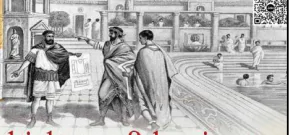
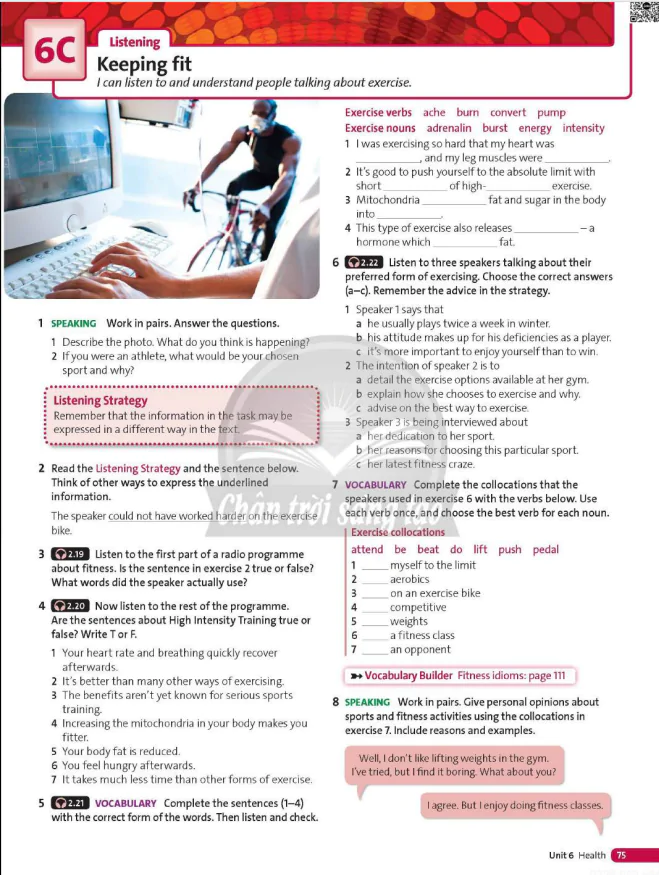
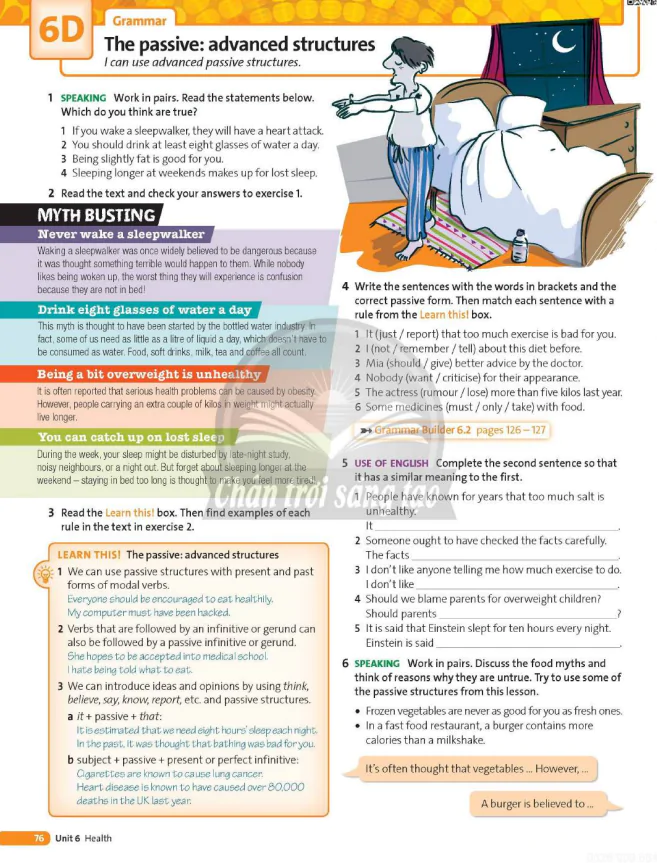
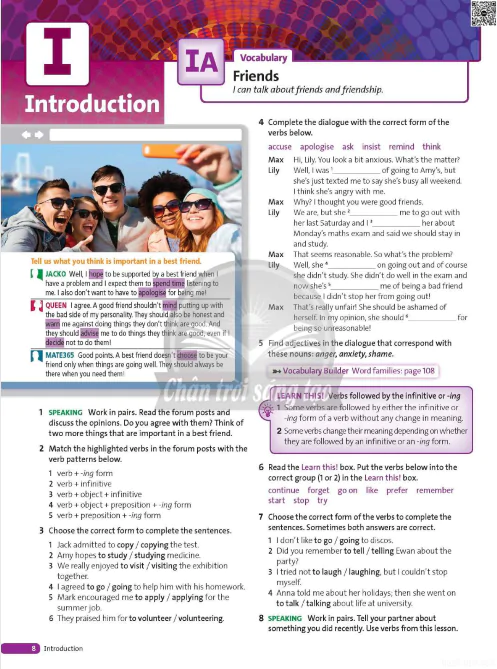

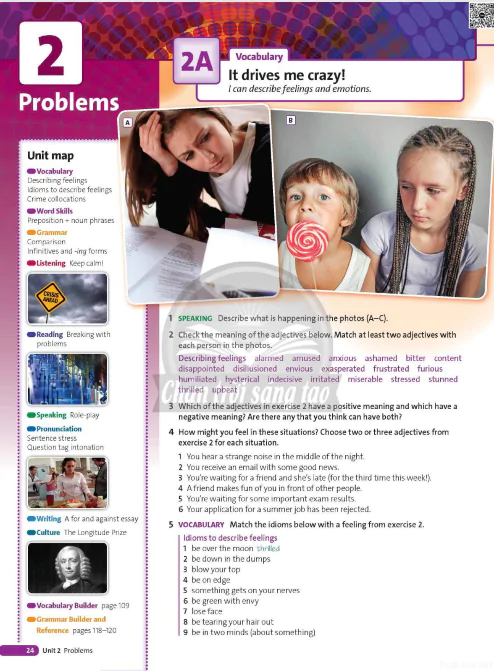
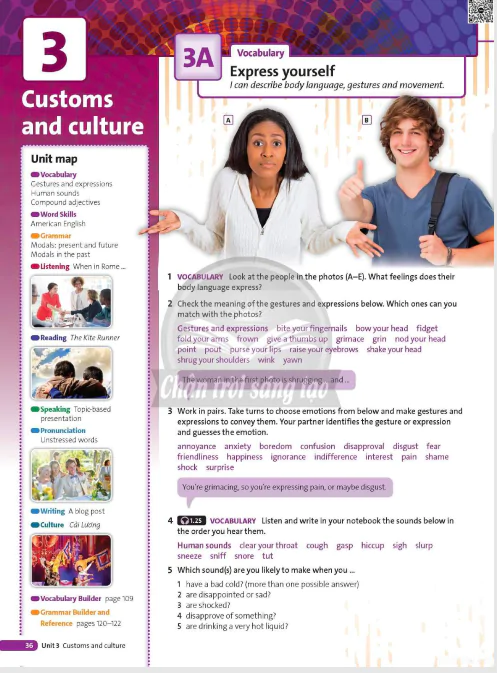
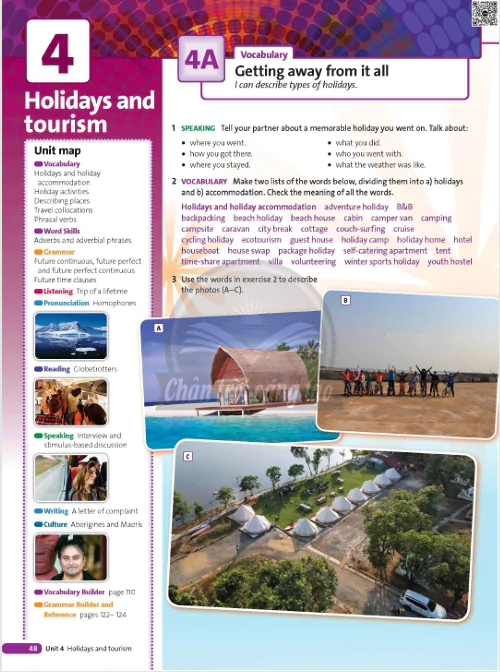
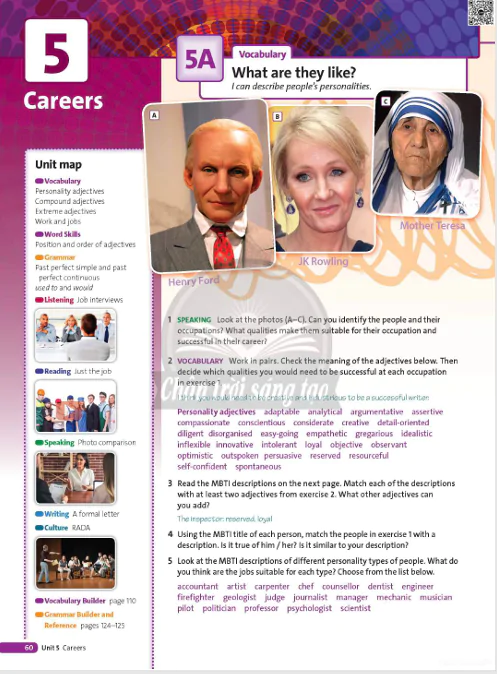


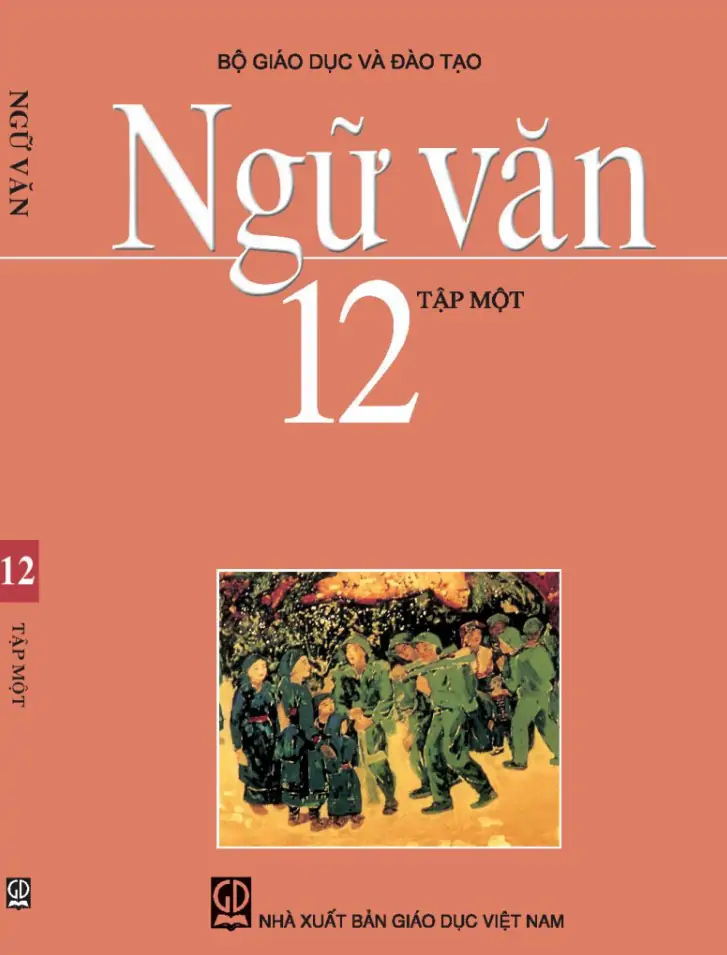



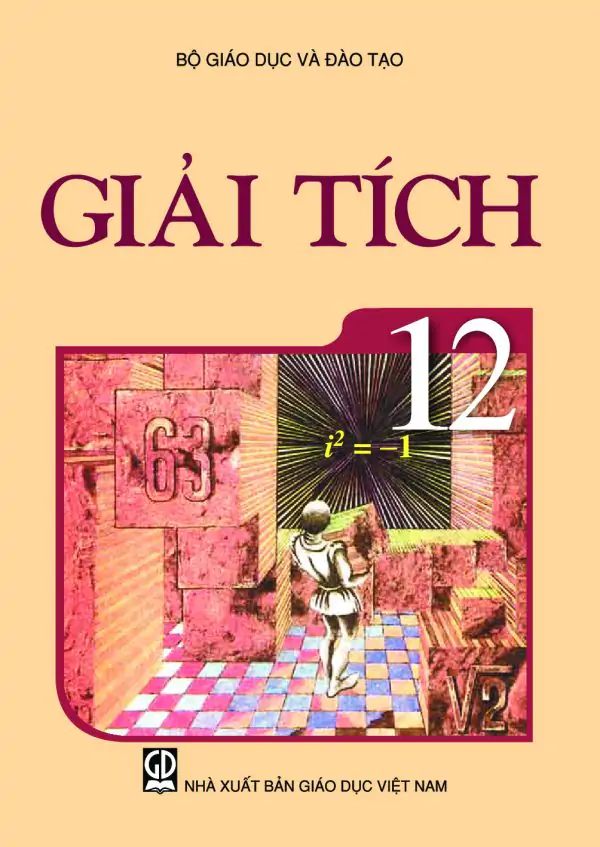
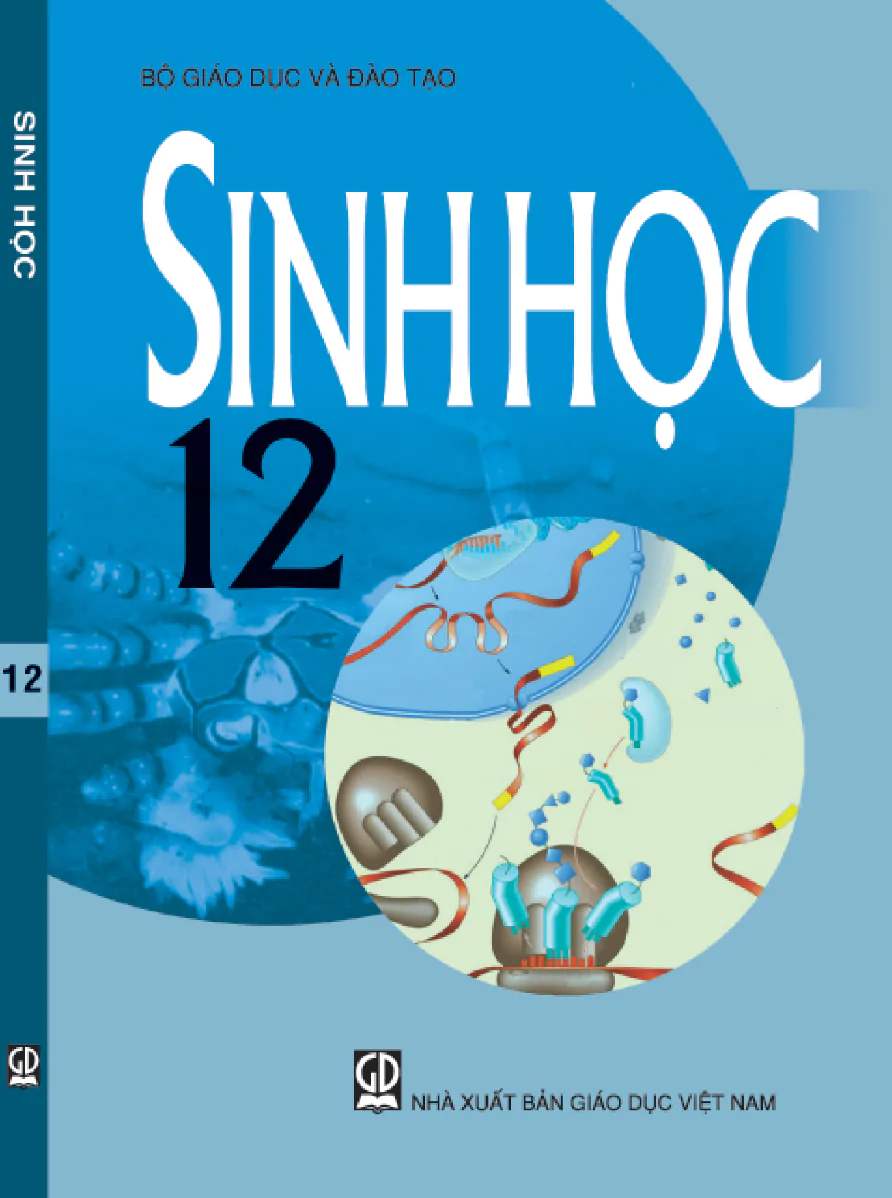

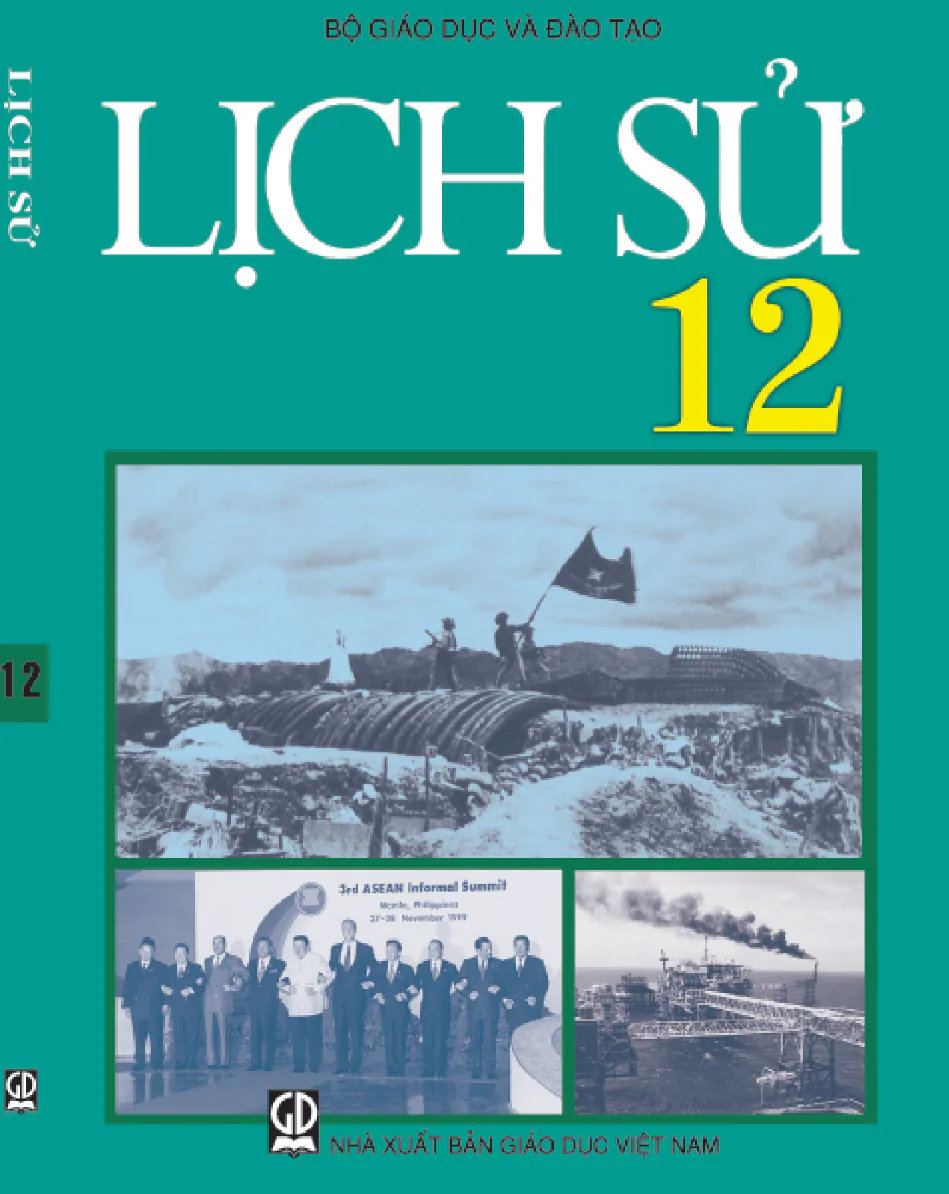
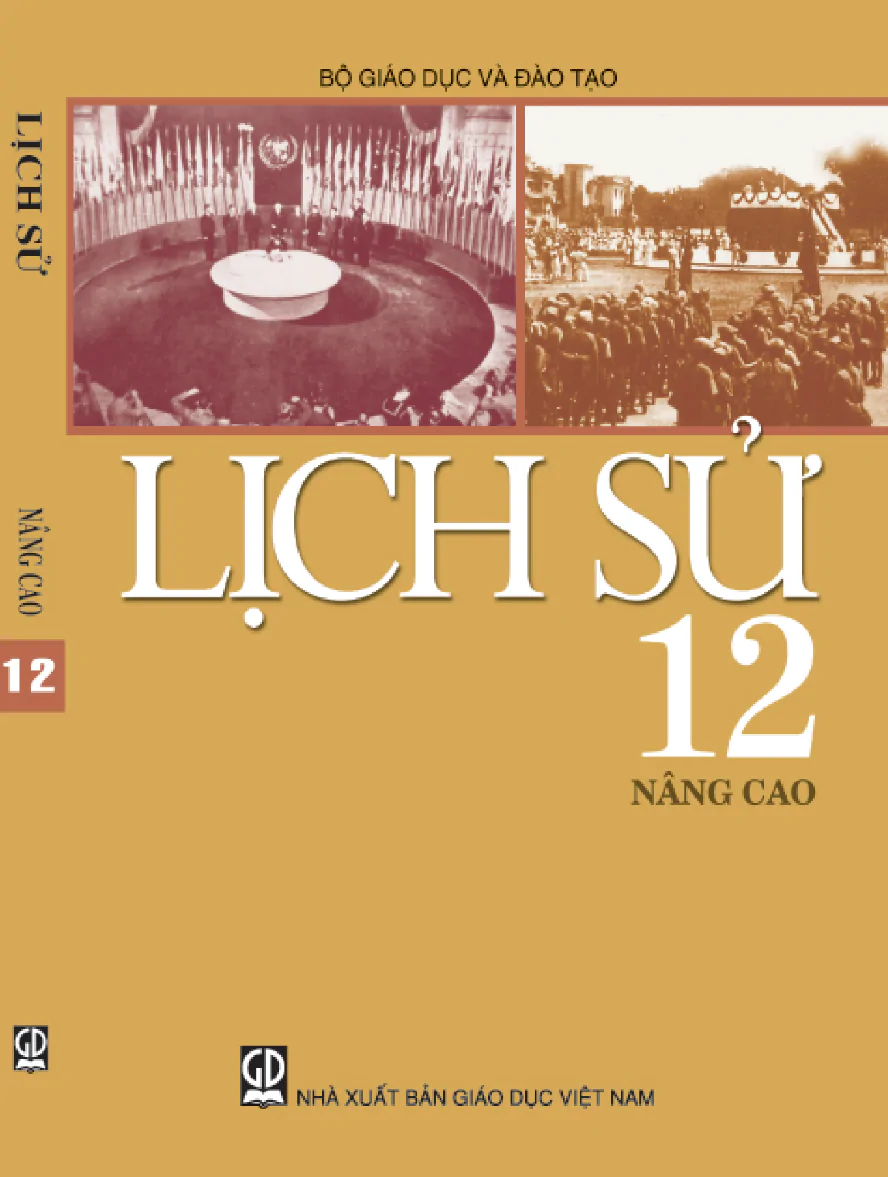





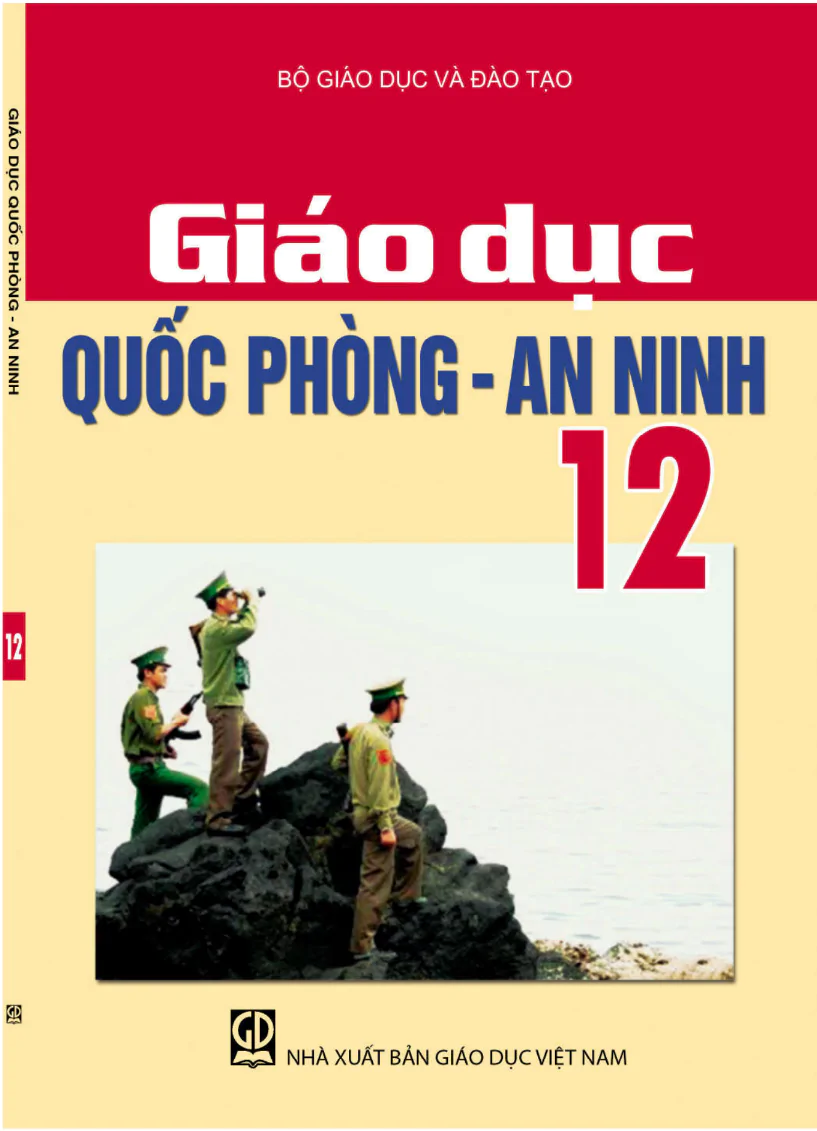

















Bình Luận
Để Lại Bình Luận Của Bạn